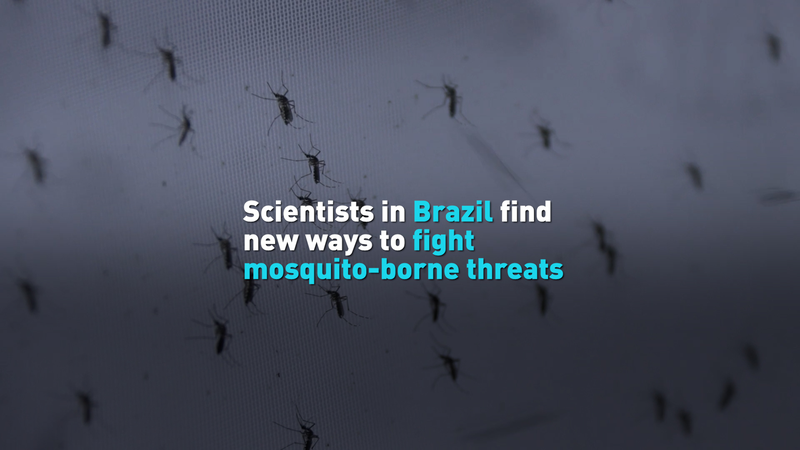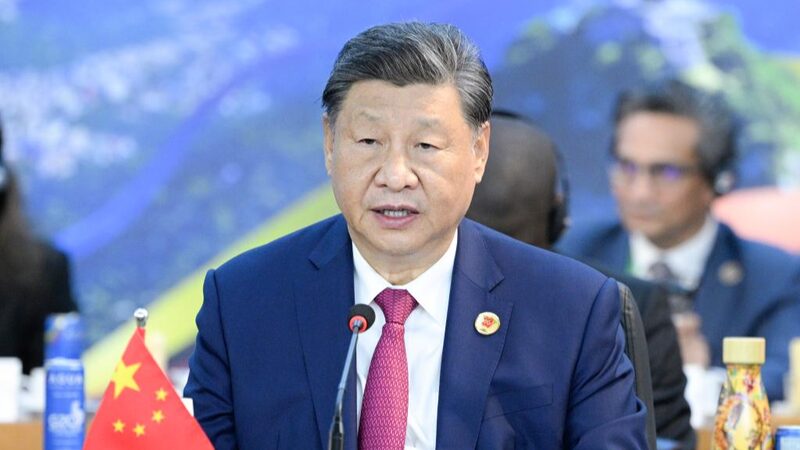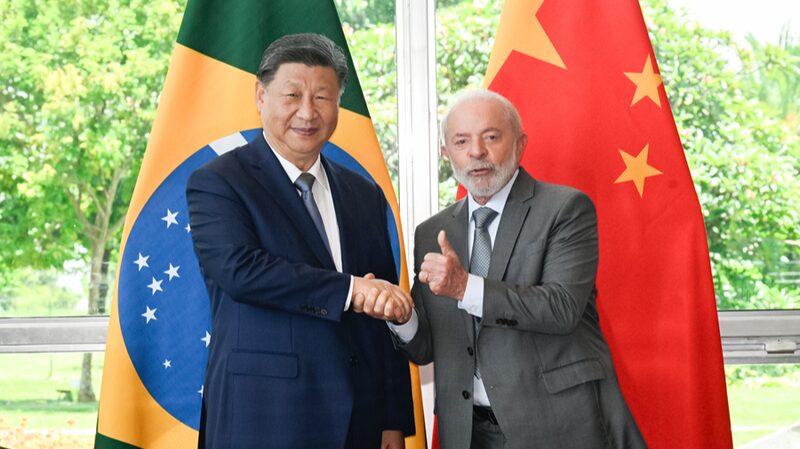As the World Health Organization warns of expanding mosquito-borne disease risks across Asia, Brazilian researchers are spearheading innovative solutions that could reshape global health responses. A newly opened mosquito breeding facility in Brazil is testing groundbreaking biological control methods targeting Aedes aegypti mosquitoes – primary vectors for dengue, Zika, and chikungunya.
The initiative comes as climate change and increased travel accelerate disease spread from the Indian Ocean region to Southeast Asia. Scientists are employing Wolbachia bacteria-infected mosquitoes to disrupt viral transmission cycles, a technique showing 75% effectiveness in early trials across South America.
For business leaders and policymakers, this development signals potential shifts in public health infrastructure needs across tropical Asia. Pharmaceutical analysts note increased R&D investment in antiviral medications, while urban planners highlight growing demand for smart city solutions integrating disease monitoring systems.
Dr. Ana Beatriz Rocha, lead entomologist at the São Paulo facility, told KhabarAsia: "Our cross-continental collaboration with Asian researchers creates a blueprint for tackling health challenges through science diplomacy. The same mosquitoes threatening Rio de Janeiro today could be in Jakarta tomorrow."
This breakthrough holds particular significance for Asia's tourism sector and diaspora communities, where seasonal disease outbreaks frequently disrupt travel and family connections. Health authorities in India and Indonesia are already negotiating technology transfer agreements with Brazilian partners.
Reference(s):
Scientists in Brazil find new ways to fight mosquito-borne threats
cgtn.com






